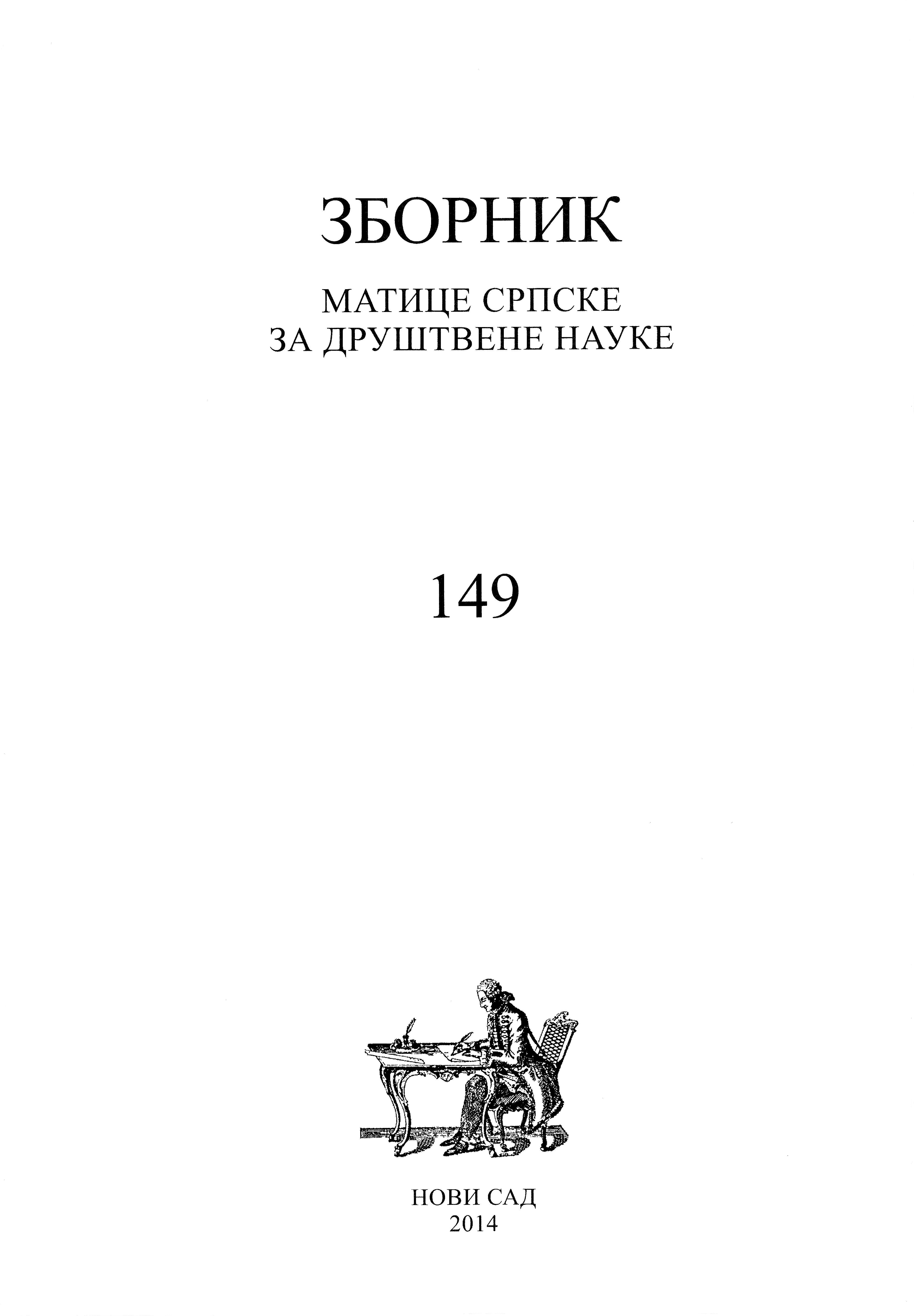Зашто се од Србије тражи да призна Косово или упоредни примери Бангладеша и Турске Републике Северни Кипар
Why Serbia Is Asked to Recognize Kosovo with Comparative Examples of Bangladesh and Turkish Republic of Northern Cyprus
Author(s): Dejan M. MirovićSubject(s): International Law, International relations/trade, Comparative politics, Geopolitics, Peace and Conflict Studies
Published by: Матица српска
Keywords: self-determination; Serbia; secession; integrity; Kosovo and Metohija; Bangladesh; Cyprus; public international law
Summary/Abstract: In the context of public international law and relations between principles of territorial integrity and right to self-determination, independence of Kosovo will never be legal if it is not recognized by Serbia. This can be concluded from the examples of violent secession of Bangladesh and Turkish Republic of Northern Cyprus. That is why Serbia still has a right to decide about the independence of Kosovo and Metohija despite signing Brussels Agreement and the fact that 100 UN member states recognized Kosovo as an independent state. Forty years after the secession of northern part of the island, Nicosia has not recognized Turkish republic of Northern Cyprus, which caused that this secessionist creation does not become a member of the UN. Its independence is not full from the perspective of international law, and this fact that cannot be disputed in spite of the factual occupation of the northern part of island by Turkey.On the other side, Pakistan recognized the independence of Bangladesh and forever lost half of its population and state territory. In return, half of its foreign debt was written off, 90,000 prisoners were released and 13,000 square kilometers of territory in western part of Pakistan, controlled by India, were returned. However, no one is offering anything similar to Serbia to recognize the independence of Kosovo. Debts of Kosovo towards IMF and World Bank are paid by Serbia. In addition, if Serbia recognized the independence of Kosovo, Serbia would lose about 100,000 Serbs living on that territory and about 1,200 square kilometers of territory in the northern part of Kosovo which is not controlled by Priština. In that context, it is clear that principles of territorial integrity are still stronger in international law then right to self-determination.Postmodernist theories have a goal to hide that fact. Key of the independence of so-called “Kosovo” is still in hands of Belgrade. That is why there are so many persistent attempts and strong pressures from the West to recognize the independence of “Kosovo”. Example of Cyprus shows how to resist those attempts within the framework of public international law (by applying the principles of territorial integrity). However, if in the future Serbia chooses the same approach as Pakistan in the case of Bangladesh, Kosovo will be lost forever. At that moment, it would be clear that the relations of great powers in the world have changed.
Journal: Зборник Матице српске за друштвене науке
- Issue Year: 2014
- Issue No: 149
- Page Range: 991-1000
- Page Count: 10
- Language: Serbian

